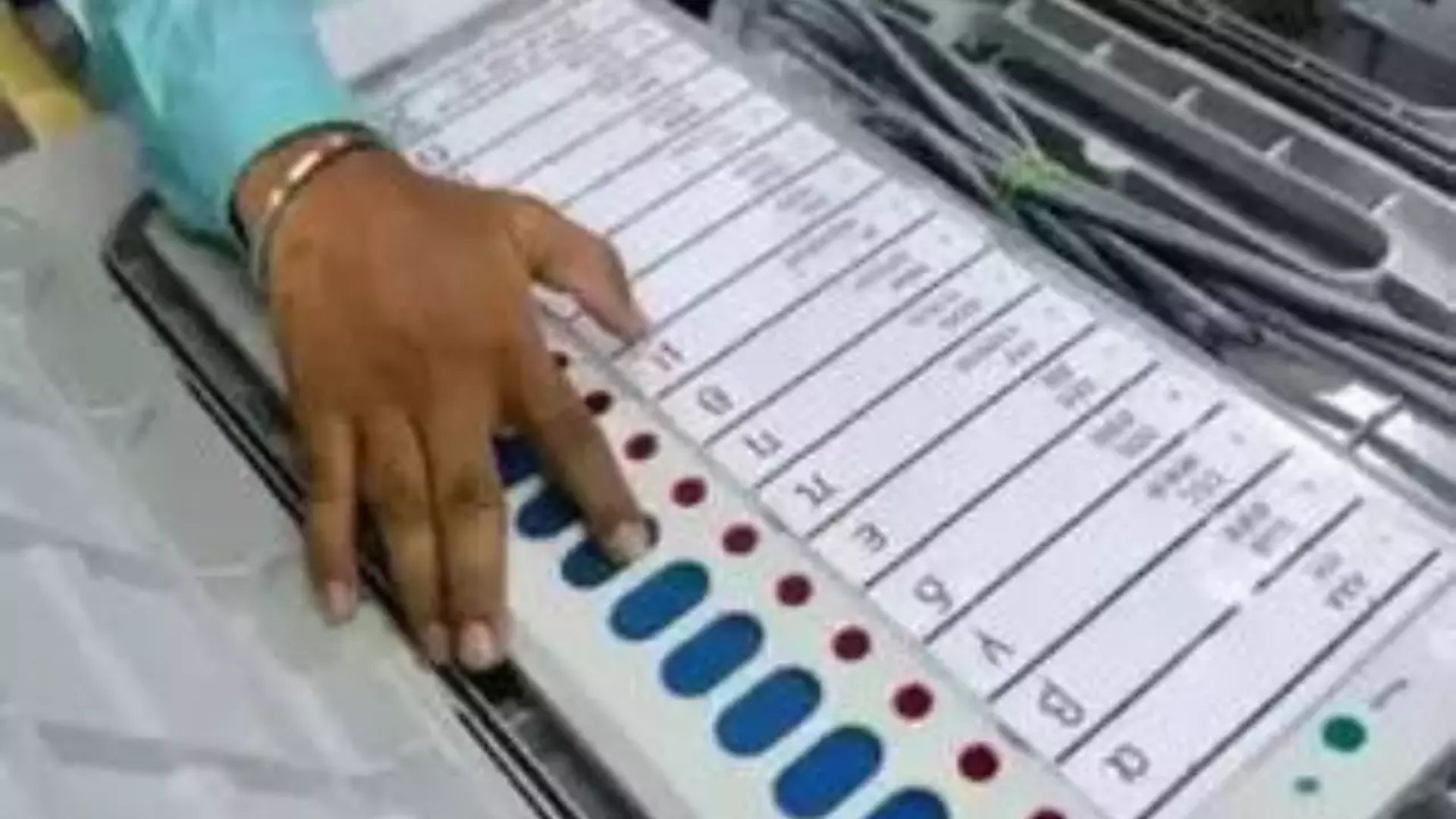For the first time in Jammu and Kashmir, five nominated members will play a crucial role in the formation of the government even before the election results are announced. The Congress has strongly criticized the move, accusing the BJP of attempting to manipulate the election outcome.
With the Jammu and Kashmir Assembly election results due on October 8, Congress leaders expressed outrage over the nomination of five members prior to the government’s formation, calling it an attack on democratic principles and the Constitution.
On Friday, senior Congress leaders, including Jammu and Kashmir Pradesh Congress Committee (JKPCC) Senior Vice President Ravinder Sharma, urged Lieutenant Governor Manoj Sinha to refrain from approving the nominations. Sharma said, “We strongly oppose the nomination of five MLAs before the government is formed. Such actions are an assault on democracy, the people’s mandate, and constitutional values.”
The Congress argues that the nomination of these members should take place only after the new government is in place, warning that any other approach would undermine the people’s will.
The nominations, based on amendments to the Jammu and Kashmir Reorganisation Act of 2019 and approved by the Home Ministry, have expanded the assembly to 95 members and raised the majority threshold to 48 seats. A recent revision on July 26, 2023, enabled this nomination process.
Sharma accused the BJP of attempting to manipulate the election numbers through the nominations, stating that “this demonstrates the BJP’s desperation to influence the election despite lacking the necessary majority.”
The Lieutenant Governor has the authority to nominate five members, representing groups like Kashmiri Pandits (KPs) and refugees from Pakistan-occupied Jammu and Kashmir (PoJK). However, Sharma argued that these nominations should only occur after the election, under the advice of the council of ministers.
He warned that misusing the nomination provision to alter the majority or minority status after the election would be harmful and unconstitutional. Sharma also emphasized that the Congress-National Conference (NC) alliance is likely to win a majority, and premature nominations could jeopardize the outcome.
Additionally, Sharma criticized the BJP for failing to deliver on its promises of proper representation for PoJK refugees, KPs, and other minorities, pointing out that the party had previously committed to more seats for these groups but is now offering less than promised.
He cited the Sikkim assembly model, which reserves seats for Buddhist monastic communities, as a better example of ensuring fair minority representation.









